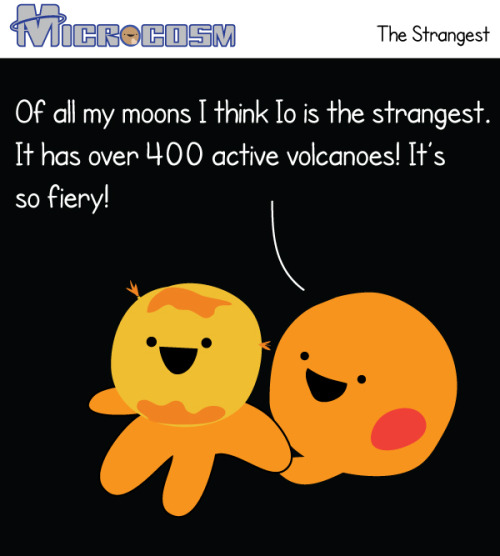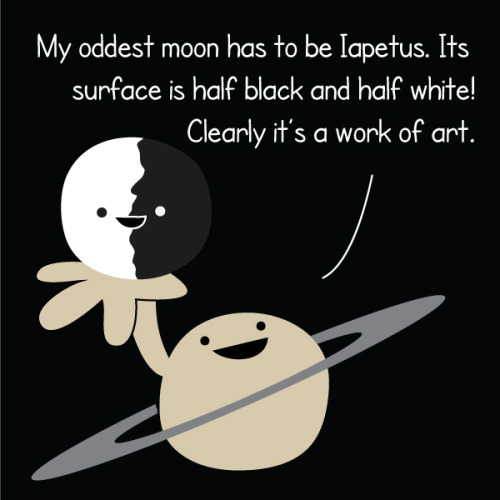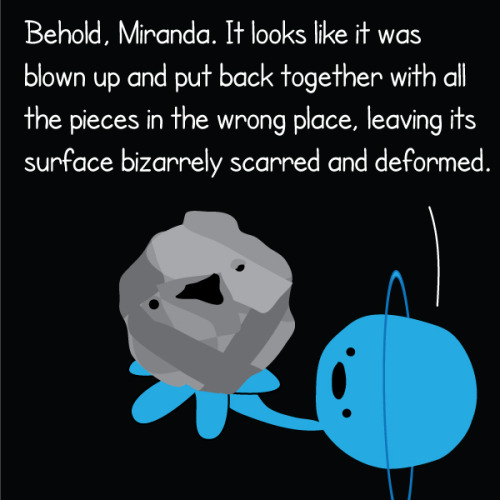Insight B System - Sixth Planet’s (Insight B-VI) Major Moons




Pictures of the day - December 8, 2018
Insight B System - Sixth Planet’s (Insight B-VI) Major Moons
Three large terrestrial-sized moons orbit Insight B-VI, all of them being roughly halfway between the size of Mars and Venus. Lunar Stats Below.
Insight B-VI-M2 (Second Moon) Radius = 4,567.71 km (0.72 x Earth) Mass = 0.24 Earth Masses Atmosphere = 0.13 Atmospheres/ Ammonia, Sulfur Dioxide, Methane, and Carbon Dioxide
Insight B-VI-M3 (Third Moon) Radius = 5,672.06 km (0.89 x Earth) Mass = 0.31 Earth Masses Atmosphere = 0.23 Atmospheres/ Carbon Dioxide, Methane and Acetylene
Insight B-VI-M4 (Fourth moon) Radius = 5,786.11 km (0.91 x Earth) Mass = 0.40 Earth Masses Atmosphere = 0.01 Atmospheres/ Methane, Carbon Dioxide and Nitrogen
High Resolution Pictures
All Three Major Moons
Insight B-VI-M2 (Second Moon)
insight B-VI-M3 (Third Moon)
Insight B-VI-M4 (Fourth Moon)
More Posts from Sharkspaceengine and Others

Picture of the day - November 14, 2018
Twin suns begin rising over an airless Mercury-Like planet.





Pictures of the Day 2 - December 30, 2018
Here we come across an Earth-like world with violet hued skies. This planet supports marine life and orbits a star within a globular cluster. There are 137 star systems just within 5 light years of this planet, and the planet’s sky is lit up with their light. Most of the stars are close enough to be visible during the day. Additionally, this planet is located within a quandary star system consisting of an K type orange dwarf orbited three smaller red dwarfs in a wide complex orbit.
While Earth-Like, there are notable differences from Earth. First, the planet has almost no obliquity meaning it has no axial tilt and therefore does not experience seasons. Massive ice caps cover both poles. The planet also spins very slowly with a solar day lasting almost 3.86 Earth days. Only 4 small asteroid moons orbit the planet. Additionally, life is limited to the oceans, and the atmosphere is almost entirely made up of carbon dioxide.
Space Engine System ID: RSC 5581-4-4-2706-51 A4 to visit the system in Space Engine.
Planet Stats Below:
Radius: 5,268.61 km (0.83 x Earth) Mass: 0.59 Earth Masses Orbital Distance: 0.43 AU Length of Year: 118.88 Days Length of Solar Day: 3.86 Days Gravity: 0.86 g Average Temperature: 277 K (39° F) Atmospheric Pressure: 0.52 Atmospheres Atmospheric Composition: 92.7% Carbon Dioxide, 4.23% Nitrogen, 3.02% Oxygen, 0.05% Sulfur Dioxide.

Picture of the Day - January 13, 2019
Aurora’s dance over the northern pole and a hazy world.

Picture of the day 2 - December 21, 2018
Dwarf planet it’s moon. Part of the Insight A System.
Glowing Sky

Picture of the Day 2 - November 4, 2018
Auroras glow brilliantly over a lunar sky with the Milky way Galaxy looming large.

Picture of the day - November 16, 2018
An Earth-Moon analog.






We really do have some weird moons in our solar system!





Pictures of the day - December 24, 2018
Insight A System - Seventh Planet (Insight A-VII)
Insight A-VII is a cold super-Earth and largest rocky planet orbiting Insight A. The planet has a mass of 3.10 Earths, and a diameter 53% larger than Earth. It orbit’s its sun at an average distance of 1.97 AU, completing an orbit once every 2.55 years. A day lasts only 13 hours and 20 minutes.
The surface is covered in a carbon dioxide atmosphere with a surface pressure of 1.73 atmospheres, and an average surface temperature of -105 F. The atmosphere is extremely cloudy with clouds of water-ice and dry ice. An extensive system of rings orbit’s the planet, and a large moon.
High Resolution Pictures
Insight A-VII
Closeup
Duality
The Atmosphere
The Surface

2018 September 16
A Solar Filament Erupts Image Credit: NASA’s GSFC, SDO AIA Team
Explanation: What’s happened to our Sun? Nothing very unusual – it just threw a filament. Toward the middle of 2012, a long standing solar filament suddenly erupted into space producing an energetic Coronal Mass Ejection (CME). The filament had been held up for days by the Sun’s ever changing magnetic field and the timing of the eruption was unexpected. Watched closely by the Sun-orbiting Solar Dynamics Observatory, the resulting explosion shot electrons and ions into the Solar System, some of which arrived at Earth three days later and impacted Earth’s magnetosphere, causing visible aurorae. Loops of plasma surrounding an active region can be seen above the erupting filament in the featured ultraviolet image. Although the Sun is now in a relatively inactive state of its 11-year cycle, unexpected holes have opened in the Sun’s corona allowing an excess of charged particles to stream into space. As before, these charged particles are creating auroras.
∞ Source: apod.nasa.gov/apod/ap180916.html




Evening of the Cosmos. Widescreen Wallpapers 1440 x 900.
Website, Instagram, Facebook, Deviantart, and Artstation
-
 brushesnbunnies liked this · 6 years ago
brushesnbunnies liked this · 6 years ago -
 sharkspaceengine reblogged this · 6 years ago
sharkspaceengine reblogged this · 6 years ago
My Space Engine Adventures, also any space related topic or news. www.spaceengine.org to download space engine. The game is free by the way. Please feel free to ask me anything, provide suggestions on systems to visit or post any space related topic.Check out my other blog https://bunsandsharks.tumblr.com for rabbit and shark blog.
294 posts